Presenting the report, Minister of Education and Training Nguyen Kim Son said that the program will be implemented over 10 years, divided into 2 phases.
The general objective of the program is to standardize and modernize the entire education and training system, creating a fundamental and strong shift in the quality of education and training; expanding learning opportunities for all people, ensuring fairness in access to education and the right to lifelong learning; increasingly better meeting the demand for human resources, especially high-quality human resources, for rapid and sustainable development.
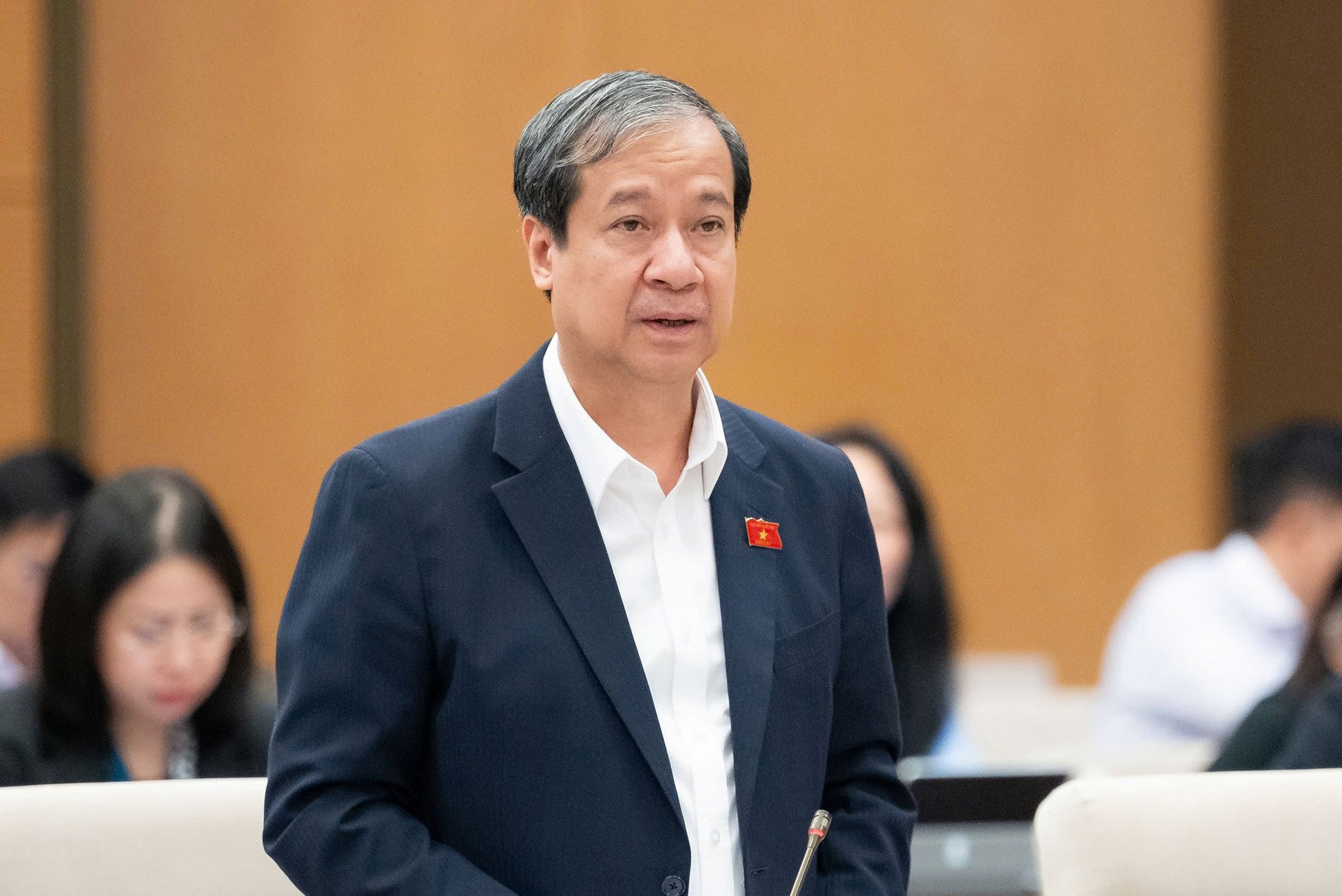
The program sets out specific target groups by 2030. Specifically, the preschool and general education system will be gradually standardized, focusing investment resources on solidly building 100% of schools and classrooms; ensuring adequate facilities and equipment that meet standards, with special attention paid to investing in subject classrooms, practice rooms, STEM/STEAM experiences, play spaces, and physical training environments.
For general education, 50% of general education institutions will build and operate an ecosystem to nurture talents, create an environment to discover and nurture gifted students and support their participation in science and technology projects and creative startups; 50% of general education institutions will have trained startup consultants, achieving a ratio of 1 staff/800 students.
At least 70% of students participate in at least one sports, cultural and artistic activity; 50% of educational institutions have regularly operating sports and cultural clubs; 50% of students participate in at least one community service activity or project, contributing to the formation of qualities, capacities and social responsibilities.
The program sets a target that by 2035, 100% of preschool and general education facilities will be invested in building facilities that meet standards; 100% of preschool and general education facilities will have enough teaching equipment to make English the second language in schools.
Teachers, educational administrators and learners are developed with in-depth capacity in applying digital technology, interdisciplinary teaching and the capacity to organize teaching in English for science subjects.
Minister Nguyen Kim Son said that the total resources mobilized to implement the program for the 2026-2035 period are about 580,133 billion VND, of which the central budget is about 349,113 billion VND (accounting for 60.2%), the local budget is about 115,773 billion VND (19.9%), the counterpart capital of vocational education and higher education institutions is about 89,073 billion VND (15.4%), and other legally mobilized capital is expected to be 26,173 billion VND (4.5%).
The total resources mobilized to implement the program for the 2026-2030 period is at least 174,673 billion.
Speaking at the discussion, Vice Chairman of the National Assembly Nguyen Khac Dinh stated that the resolutions all said "human training is comprehensive development" and "teaching literacy is associated with teaching people and teaching a profession".
He emphasized that teenagers and children need to follow the five teachings of Uncle Ho. He also pointed out that schools today do not have enough space for students to exercise and play sports at the beginning and middle of class.
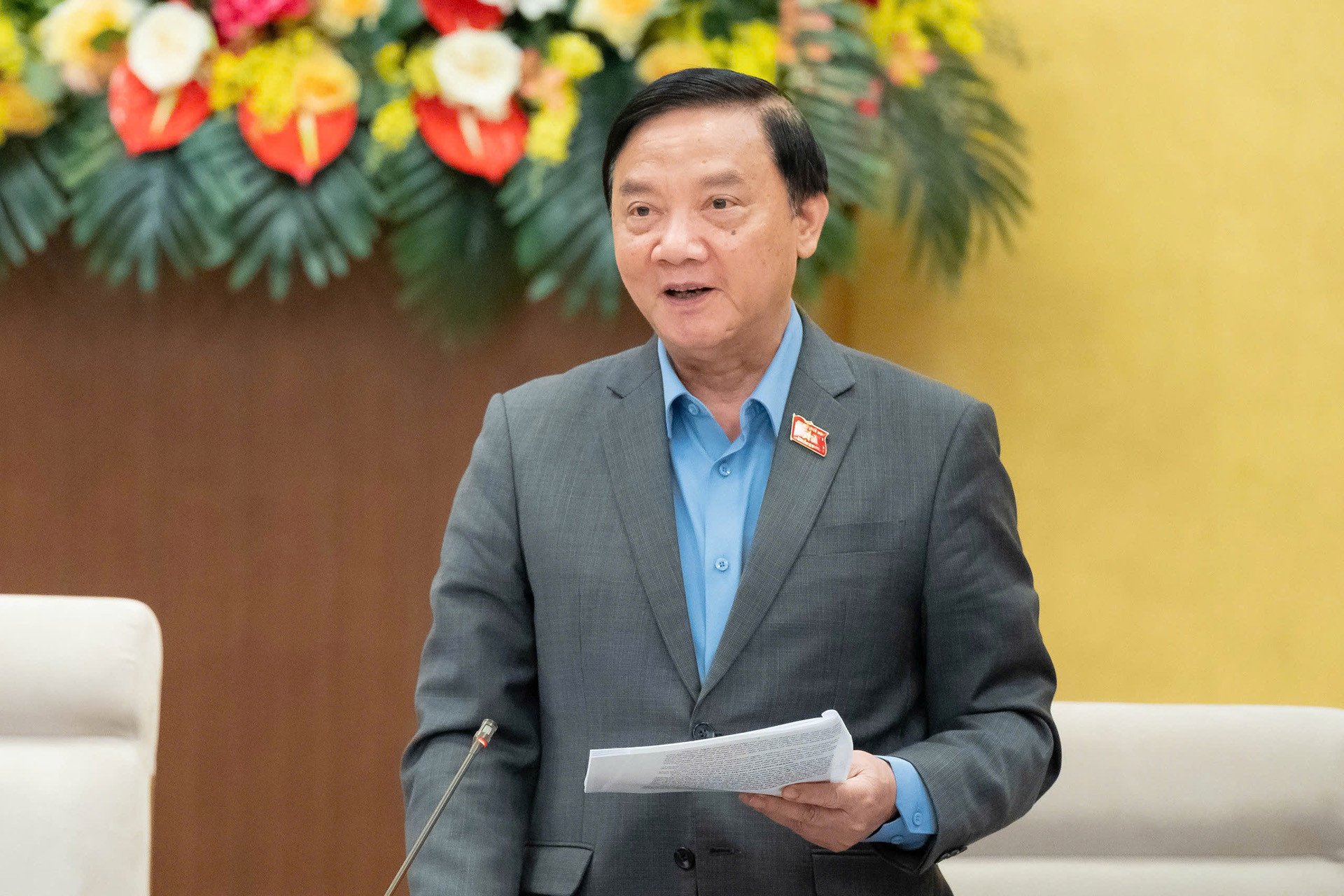
In addition, Mr. Dinh also emphasized the importance of teaching life skills and expressed his sorrow when every summer vacation there are cases of students drowning. "Every child going to school must know how to swim, first to save themselves, then if they swim well, they can save their fellow countrymen when there are floods," he shared.
Citing the General Secretary's wish that "a high school student should know how to play at least one musical instrument", the Vice Chairman of the National Assembly said that students must also know how to play at least one sport or art to both gain skills and improve their health.
Chairman of the Committee on Science, Technology and Environment Nguyen Thanh Hai mentioned students' ethics and knowledge.
According to her, "the knowledge is already very complete", but ethics need to be considered. Ms. Hai asked: Over 90% of students today are assessed as having good academic performance and good conduct, is this assessment real, is it true?
Concerned about the cause of the recent incident of a student assaulting a teacher, she said: "We can review this student's conduct in the previous semester and school year."
According to Ms. Hai, it is necessary to establish clear standards and norms to evaluate "teachers as teachers and students as students". Good students should be evaluated as good, and bad students should be evaluated as fair or even average.
“We cannot have virtual numbers, always having a ratio of 90%, 95% good, excellent,” Ms. Hai noted.
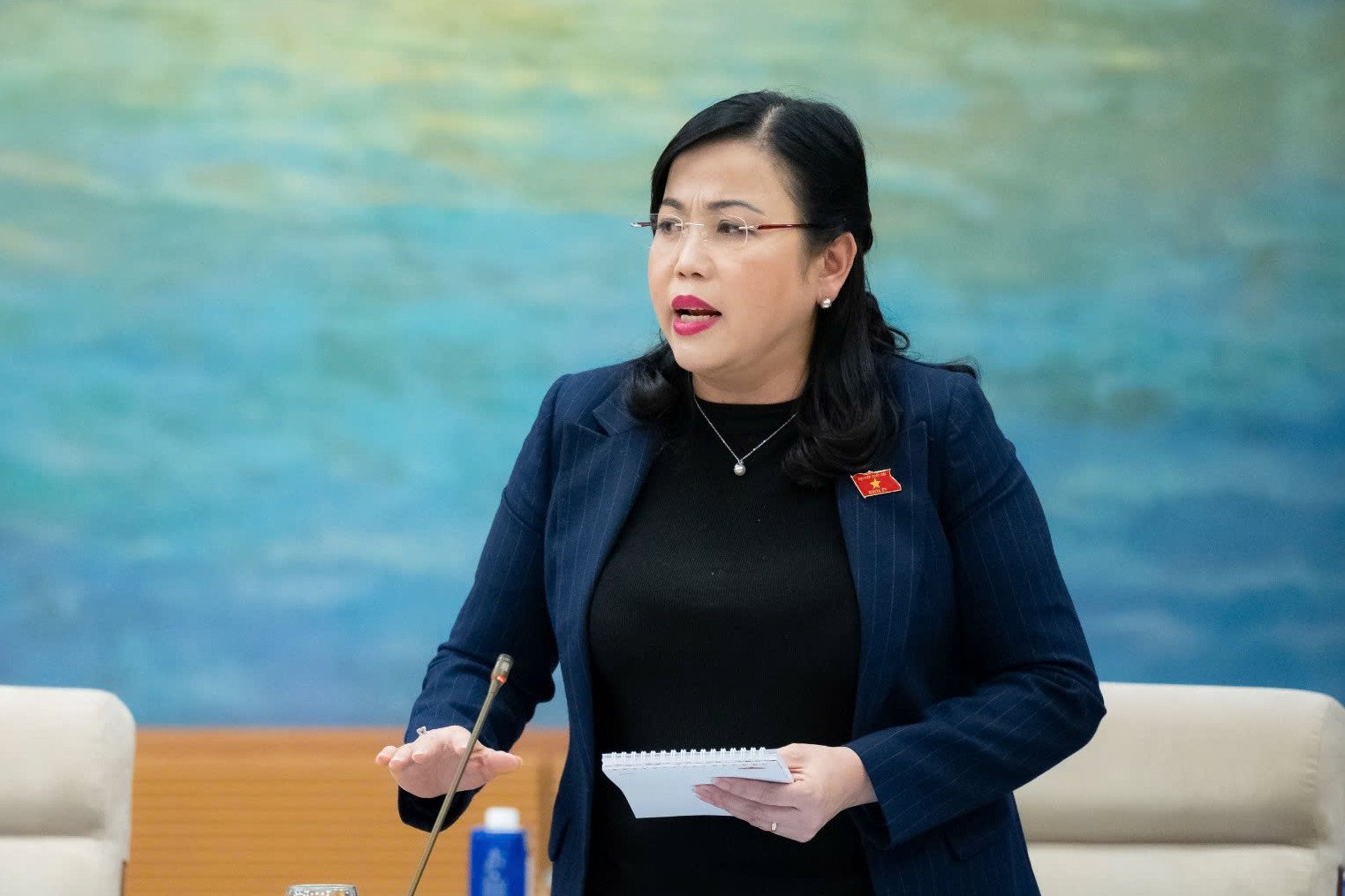
Ms. Nguyen Thanh Hai recounted a recent television program that featured a 12-year-old student cooking a hearty meal for her family, including crab soup, fried pork, and fried tofu. The video attracted millions of views.
She said that in her generation, it was normal for an 8-9 year old child to help their parents cook, but now this has become a social phenomenon.
In comparison, Ms. Hai hopes that with a huge investment resource (580,000 billion VND for 10 years), a generation of students must be trained to be "both good and specialized", with good academic performance but also knowing how to love their parents, having life skills, truly "good children, good students".
Source: https://vietnamnet.vn/chung-ta-phai-chap-nhan-khong-the-luc-nao-cung-90-95-hoc-sinh-tot-gioi-2463663.html





![[Photo] General Secretary To Lam and National Assembly Chairman Tran Thanh Man attend the 80th Anniversary of the Traditional Day of the Vietnamese Inspection Sector](https://vphoto.vietnam.vn/thumb/1200x675/vietnam/resource/IMAGE/2025/11/17/1763356362984_a2-bnd-7940-3561-jpg.webp)





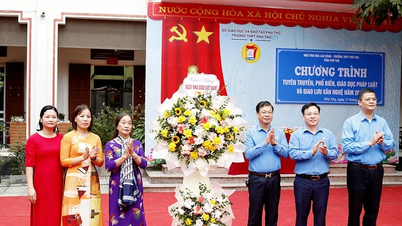

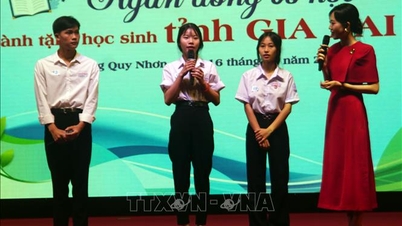
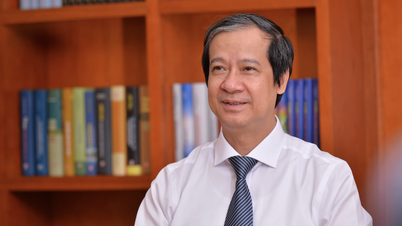

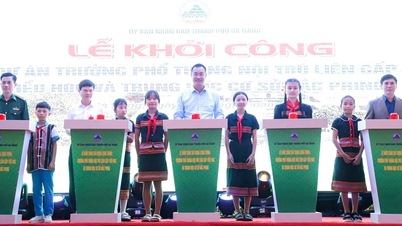

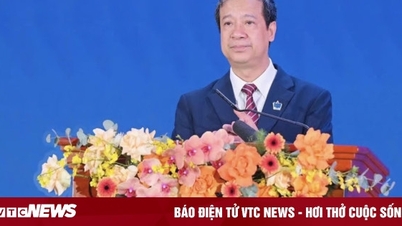

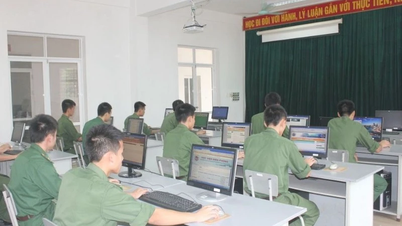

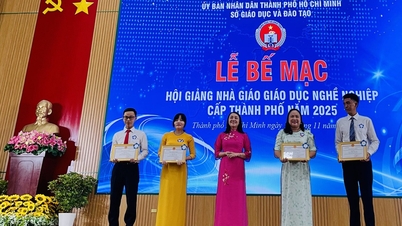
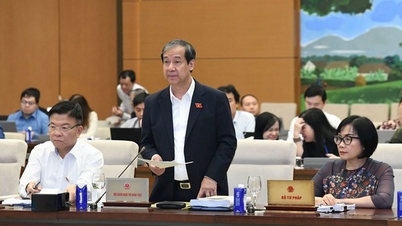

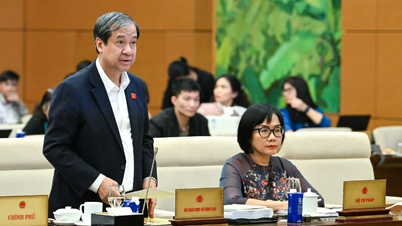
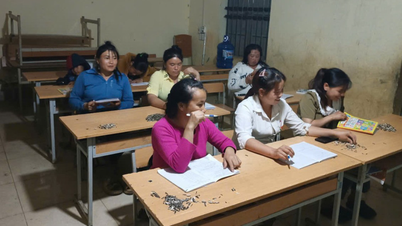






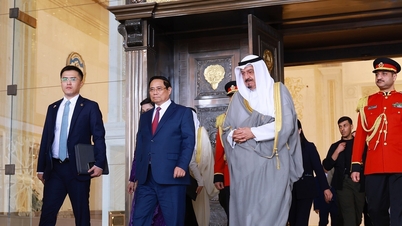


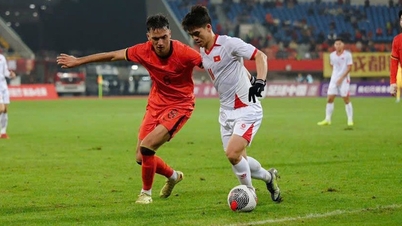
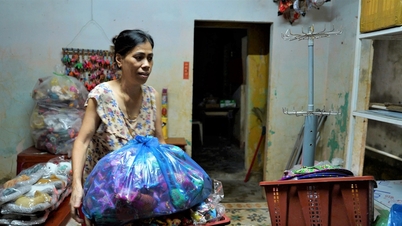























































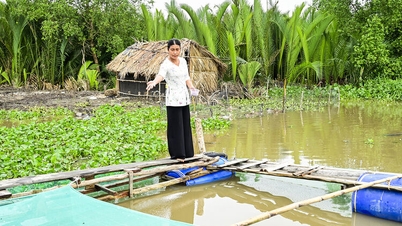
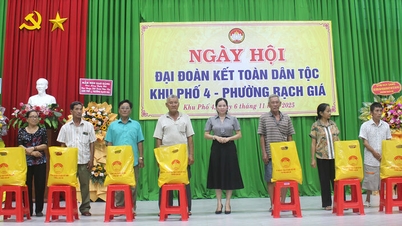
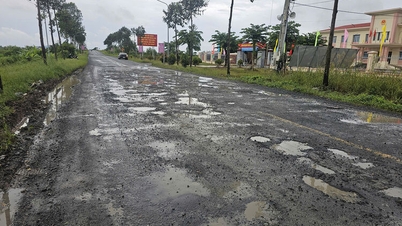
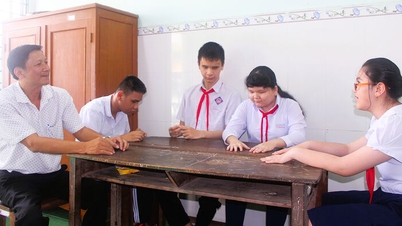














Comment (0)